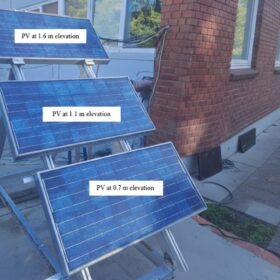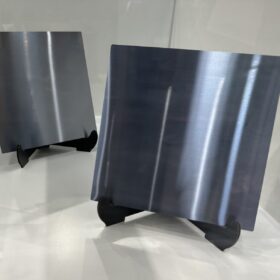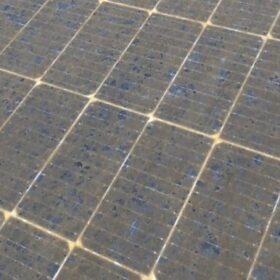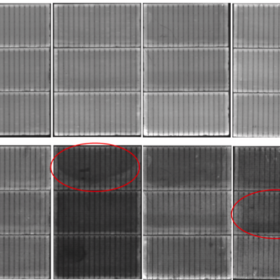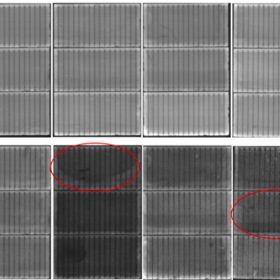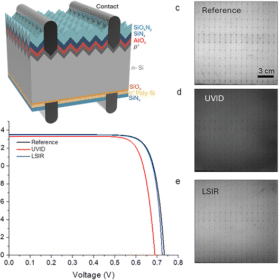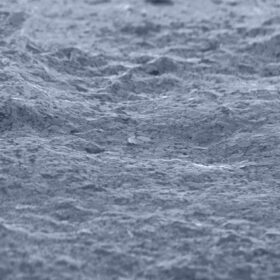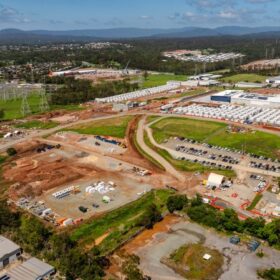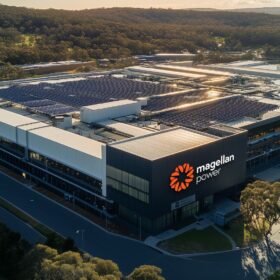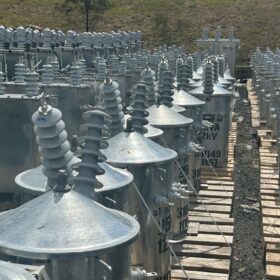The effects of solar module elevation on ground-mounted solar
Scientists in Hungary found that ground-mounted solar modules at an intermediate elevation of 1.1 metres achieve the highest efficiency and power output due to improved airflow and reduced cell temperature.
Longi builds 27.25%-efficient back-contact solar cells with high-resistivity wafers
High-resistivity silicon wafers offer superior efficiency potential but are highly sensitive to edge recombination and mechanical damage, limiting their commercial use compared to more robust standard wafers. Researchers from Longi and Sun Yat-sen University demonstrated that integrating in-situ edge passivation unlocks this potential, significantly boosting back-contact solar cell fill factor and efficiency.
IEC-based technical specifications needed for second-life PV module market
The latest report from the International Energy Agency’s Photovoltaic Power Systems Programme says second-life PV modules have the potential to reduce waste and extend the value of solar assets, but their market today remains underdeveloped and requires advances in technical qualifications, scalable reuse infrastructure and supportive policy frameworks.
Chemitek offers solution for drone-based cleaning of agrivoltaics
The Portuguese company said its new Drone AgroPV Cleaning Agent is scheduled for release in June. It has a safe formulation for crops and soil.
NSW claims mine approval boosts clean energy supply chain credentials
The New South Wales government has approved a new copper mine it says will support the state’s renewable energy transition and reinforce its place in global clean energy technology supply chains.
NREL researchers quantify UV-induced degradation levels in TOPCon solar cells
Researchers at NREL found that UV exposure can cause significant, partly non-recoverable degradation in TOPCon solar cells, with strong cell-to-cell and intra-cell variability linked to passivation and processing inconsistencies. While some UV-related losses recover quickly under light and are unlikely to affect field performance, the findings highlight gaps in current qualification tests and the need for improved UV aging standards.
UNSW researchers identify new damp heat-induced failure mechanism in TOPCon solar modules
UNSW researchers identified a new damp-heat degradation mechanism in TOPCon modules with laser-fired contacts, driven primarily by rear-side recombination and open-circuit voltage loss rather than series-resistance increase. The study highlights that magnesium in white EVA encapsulants accelerates degradation, guiding improved encapsulant and backsheet selection for more reliable modules in humid environments.
Tesla’s new residential solar panels complete home energy ecosystem
The new Tesla Solar Panel and mounting system pairs with the company’s inverter, Powerwall battery, EV charging and vehicles, creating an all-Tesla residential solar offering for the first time.
UNSW research reveals self-repair mechanism in solar cells
Engineers at the University of New South Wales have developed a real-time monitoring technique that reveals how silicon solar cells can self-repair following ultraviolet-induced damage, offering new insights into solar panel degradation and lifetime performance.
‘Immediate transition to copper is technically and economically feasible’
With silver prices rising, more large solar manufacturers are expected to switch to copper for cell metallization. Radovan Kopecek of ISC Konstanz tells pv magazine that he expects the entire industry to follow. Ning Song of the University of New South Wales says a small efficiency tradeoff may be acceptable if the cost savings are significant and do not introduce new reliability risks.
